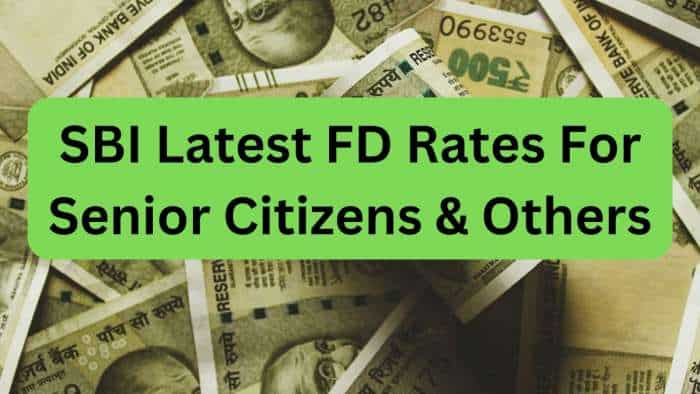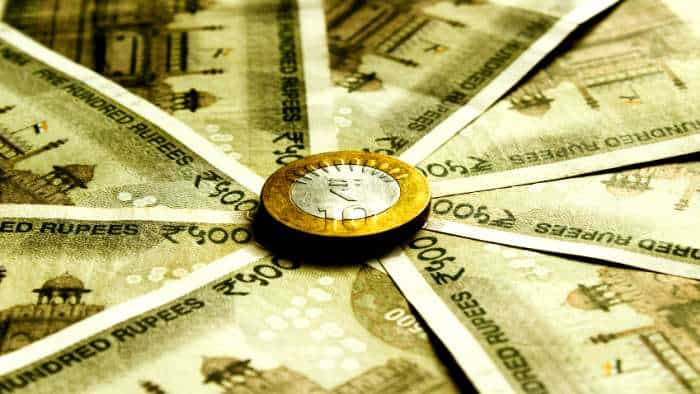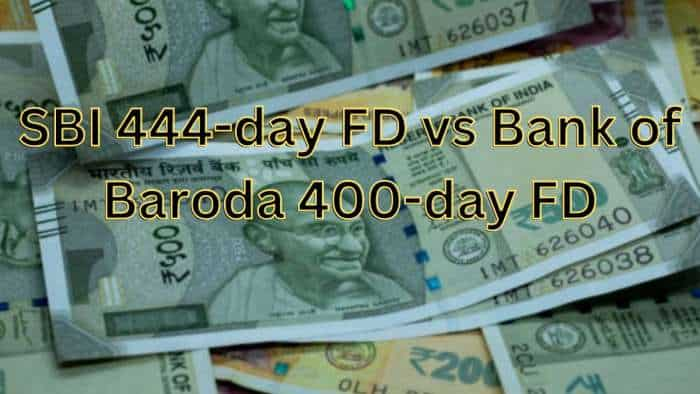Digital Rupee: How it is projected to work?
The digital rupee is the digital or electronic version of the Indian rupee as per the RBI.

Digital Rupee: The union government of India recently released a concept note on the digital rupee. On November 1, the first pilot of the Digital Rupee was launched by the RBI for the wholesale segment (e₹), and the pilot for the retail segment is expected to launch within the next month. Following the developments, we can witness the immense impact of this tremendous development in the country’s financial sector in the near future.
Understanding Digital Rupee
The digital rupee is the digital or electronic version of the Indian rupee as per the RBI. It is proposed to be released in two forms – wholesale for interbank settlements and retail for public use cases. Though the plan is still nascent in India, it is predicted to take the country’s payment system to a new level, enabling seamless digital transactions by allowing the citizens to hold the digital rupee in a wallet with a bank or any registered service provider.
One might question how the digital rupee will be any different from the net banking system that is being practiced today. According to Arvind Agarwal, Co-Founder and CEO, C4D Partners, there will be no physical rupee adjustments made from one bank to another when a transaction takes place. This will remove the risk of holding the digital rupee when a certain bank undergoes bankruptcy.
"We have all seen in the past what happens when a bank undergoes stress; the depositors are refrained from withdrawing their money from the bank. A digital currency should solve this problem and make the system more robust," Agarwal added.
How digital rupee is projected to work?
The plans to release the digital rupee are in sync with the RBI’s objective to overcome the risks and uncertainties of private currencies. Therefore, the transfer of the digital rupee will happen through a token-based system that ensures universal access to the currency for every citizen. Each token generated will have a unique digital number which will enable the transfer, while being protected using a private key number.
Transactions carried out using digital currencies are likely to be partially anonymous. Since RBI makes it mandatory to disclose a higher amount of transactions, it will help mitigate the risks associated with private or unregulated cryptocurrencies. On the other hand, a smaller amount of transactions can remain anonymous, just like cash transactions.
Initially, digital currency might be more useful for B2B than retail. It will take some time before digital currency makes a mark, but it will definitely take care of most of the concerns around cryptocurrencies.
How the digital rupee is different from cryptocurrency?
- Cryptocurrency and digital rupee are differentiated basis the underlying technology as well as the authority issuing the currency. The digital rupee is expected to be based on Distributed Ledger Technology, unlike cryptocurrencies that use blockchain technology.
- Furthermore, cryptocurrencies like Bitcoin, Ethereum, Shiba, etc. are all private currencies, whereas the digital rupee will be issued and managed by the central bank.
- RBI’s digital rupee can potentially give stiff competition to cryptocurrency as it will be more secure and available for private use.
- Being digitally linked and issued by the central bank, all currency transactions will be traceable making them more transparent and secure.
- Unlike cryptocurrency, government-regulated digital currency will be significantly used to carry out any retail investments or transactions in a legitimate manner.
- The key difference between the two is that one (cryptocurrencies) is used as an instrument for investment or arbitrage while the other (the digital rupee) promises a more robust banking/financial system.
Get Latest Business News, Stock Market Updates and Videos; Check your tax outgo through Income Tax Calculator and save money through our Personal Finance coverage. Check Business Breaking News Live on Zee Business Twitter and Facebook. Subscribe on YouTube.
RECOMMENDED STORIES

SBI Latest FD Rates: This is what you can get on Rs 10 lakh investment in 1-year, 3-year, and 5-year tenures

Top 7 Small Cap Mutual Funds With Best SIP Returns in 10 Years: Rs 11,111 monthly SIP investment in No 1 fund has sprung to Rs 57,30,613; know about others too
03:49 PM IST









 Rupee may depreciate 8 to 10% during Trump 2.0 says SBI report
Rupee may depreciate 8 to 10% during Trump 2.0 says SBI report Rupee stays unchanged at 84.07 against US dollar
Rupee stays unchanged at 84.07 against US dollar Rupee gains by 7 paise to end at 83.30 against US dollar
Rupee gains by 7 paise to end at 83.30 against US dollar ICICI Bank customers can now make payments to merchant QR code using digital rupee app
ICICI Bank customers can now make payments to merchant QR code using digital rupee app  Rupee vs Dollar: Rupee settles 2 paise lower at 83.26 against US dollar
Rupee vs Dollar: Rupee settles 2 paise lower at 83.26 against US dollar